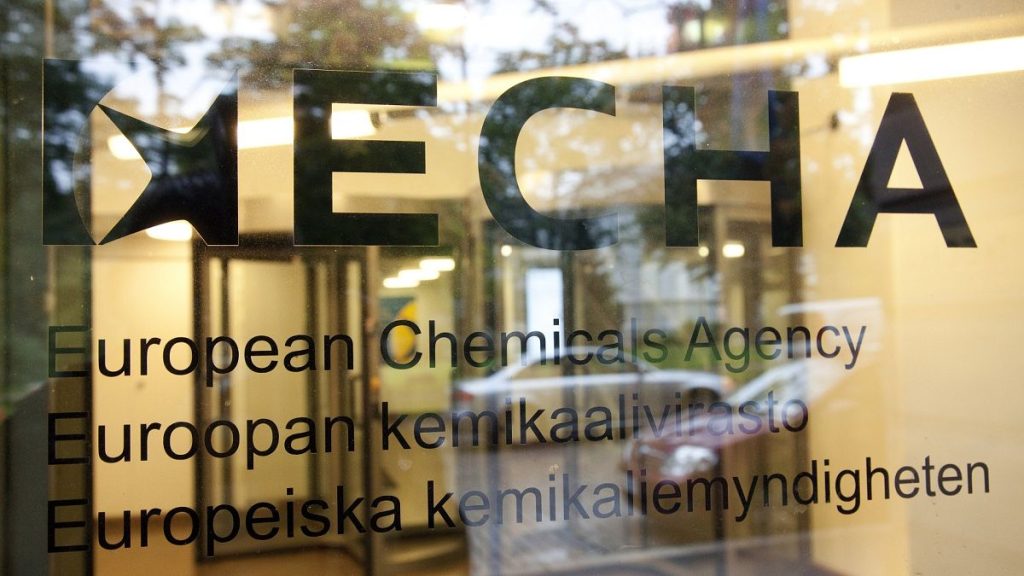The “forever chemicals” known as PFAS, used in countless products from non-stick cookware to semiconductors, are under scrutiny for their persistence in the environment and links to serious health problems. A coalition of five European countries has proposed a comprehensive ban on these substances, triggering an intense lobbying effort by the chemical industry to dilute or block the restrictions. Investigative journalists across Europe have uncovered a concerted campaign by industry groups to downplay the risks of PFAS and exaggerate the economic consequences of a ban, raising concerns about undue influence on EU policymaking.
The core of the industry’s argument revolves around the alleged lack of alternatives to PFAS and the potential economic disruption a ban would cause, including job losses and diminished industrial competitiveness. However, critics argue these claims are misleading and designed to protect industry profits at the expense of public health and environmental protection. The investigation revealed a sophisticated PR strategy, including the commissioning of studies aimed at undermining scientific evidence of PFAS toxicity and promoting the industry’s narrative. This campaign has targeted EU officials directly while also orchestrating a massive response to public consultations, flooding ECHA (European Chemicals Agency) with industry-favorable viewpoints.
Environmental and health advocates have slammed the industry’s tactics, accusing them of spreading misinformation and obstructing necessary regulation. They highlight the immense costs associated with PFAS contamination cleanup, estimated at €100 billion annually in Europe, and the substantial health costs linked to PFAS exposure, which already contaminates the blood of populations worldwide. Advocates are pushing for a comprehensive ban encompassing all 14,000+ PFAS chemicals, requiring industry to demonstrate the safety and necessity of any continued use. They also emphasize the growing number of PFAS-related lawsuits globally, signaling a shift in legal and regulatory landscapes.
The European Commission, while claiming to be an impartial observer in the restriction process until ECHA delivers its opinion, has acknowledged meeting with industry stakeholders to understand their concerns. This interaction, justified by the Commission as maintaining an open dialogue with relevant parties, has raised flags among critics who see it as evidence of undue industry influence. Watchdog groups have called for a freeze on private meetings between Commission officials and industry lobbyists pushing for exemptions to the proposed ban. They argue that the industry’s talking points have already seeped into Commission communications, potentially shaping policy decisions.
The Commission defends its engagement with industry, citing EU treaty provisions requiring dialogue with various stakeholders. It also points to new transparency rules requiring lobbyists to register and meetings to be documented. The Commission promises its forthcoming chemical industry package will simplify existing regulations and clarify the handling of “forever chemicals.” However, critics remain skeptical, demanding stronger safeguards against industry lobbying and a commitment to prioritize public health and environmental protection over economic interests.
The chemical industry, represented by Cefic, maintains its commitment to “balanced regulations” that address environmental and health concerns without undermining Europe’s economic capabilities. Cefic argues the proposed restrictions would impact numerous interconnected value chains and has sought to assist companies in responding to the ECHA consultation. While acknowledging its role in helping stakeholders navigate the regulatory process, Cefic insists its primary goal is providing accurate information to support a workable regulatory proposal. The ongoing debate highlights the complex interplay between industry lobbying, scientific evidence, and policymaking, with the future of PFAS regulation hanging in the balance.

